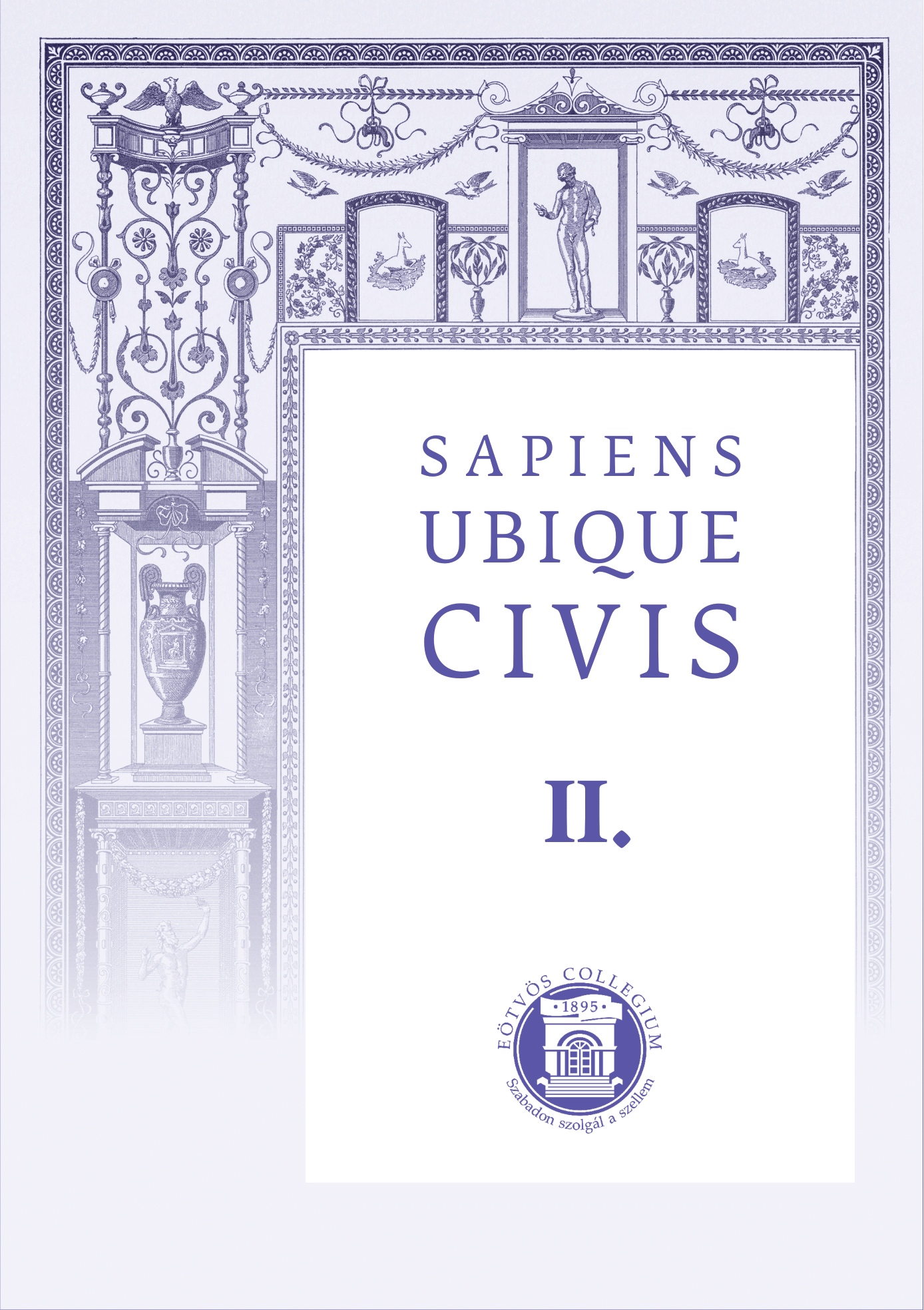The Hypothetical Witness in Gorgias and Antiphon
DOI:
https://doi.org/10.14232/suc.2021.2.45-68Keywords:
testimony, witnessing, forensic oratory, Antiphon, GorgiasAbstract
The paper below focuses on the shadowy figure of the hypothetical witness found in two mock-forensic works of the late 5th century: Gorgias’ Defence of Palamedes and Antiphon’s First Tetralogy. I argue that these witnesses, who only exist within the εἰκός arguments found in these speeches, are consistently characterized in impersonal ways, as individuals with knowledge pertinent to the resolution of the case. The issue of their will is also broached, particularly in last rebuttal speech of the First Tetralogy. Though such witnesses, being logical figments, could never appear in court, their characterization sheds important light on the ancient Greek notion of ‘witnessing’. Indeed, the very ability of Gorgias and Antiphon to deploy such arguments shows that witnessing was, at least in this cases, not thought to be tied to the witness’s prestige or character which remain entirely undefined. Rather, their characterization of a ‘witness’ as an individual who knows and who is motivated to testify implies that these were the features thought to fundamental to witnesses, whether real or fictive.



